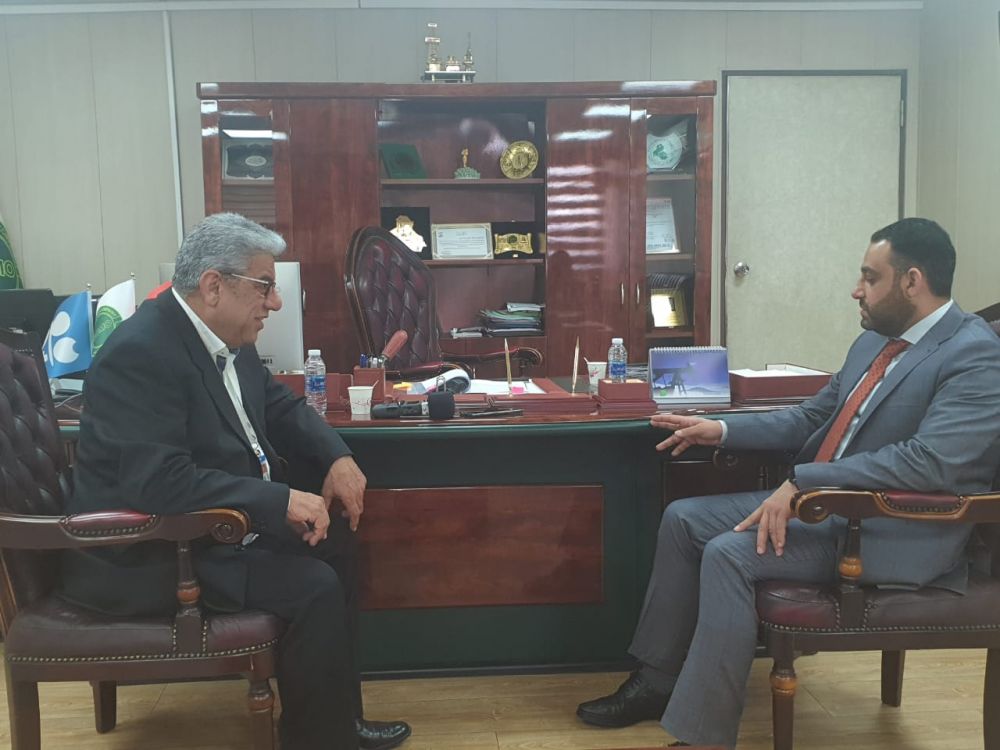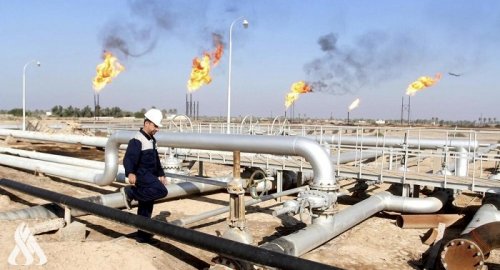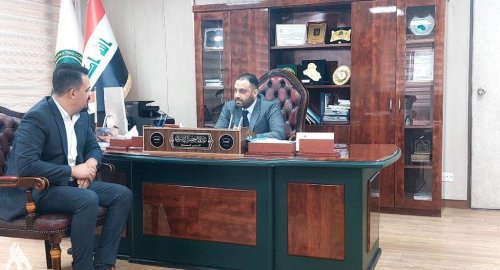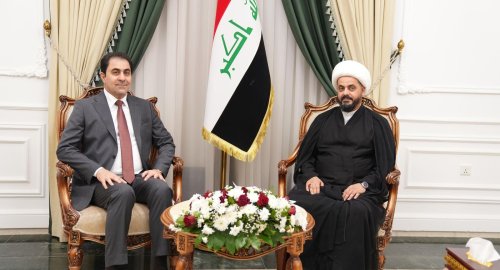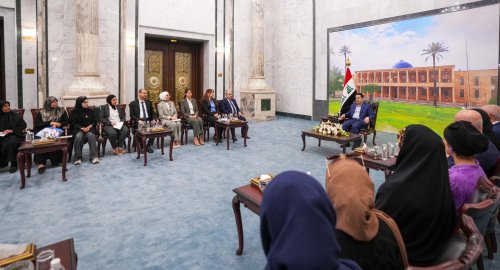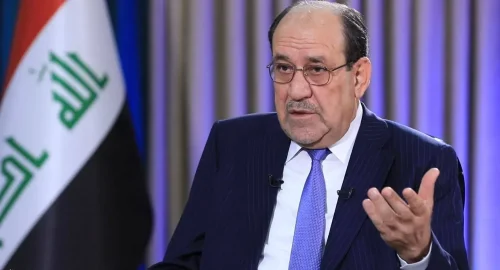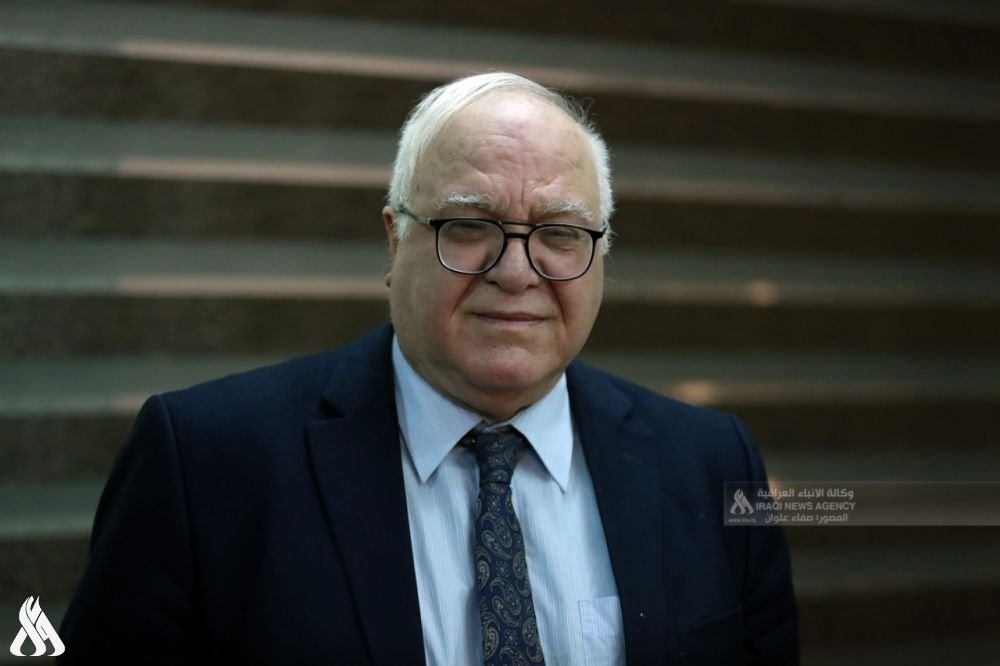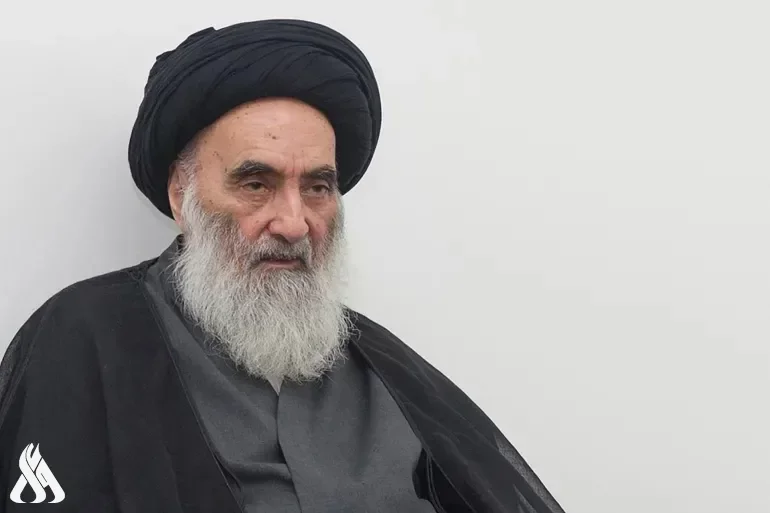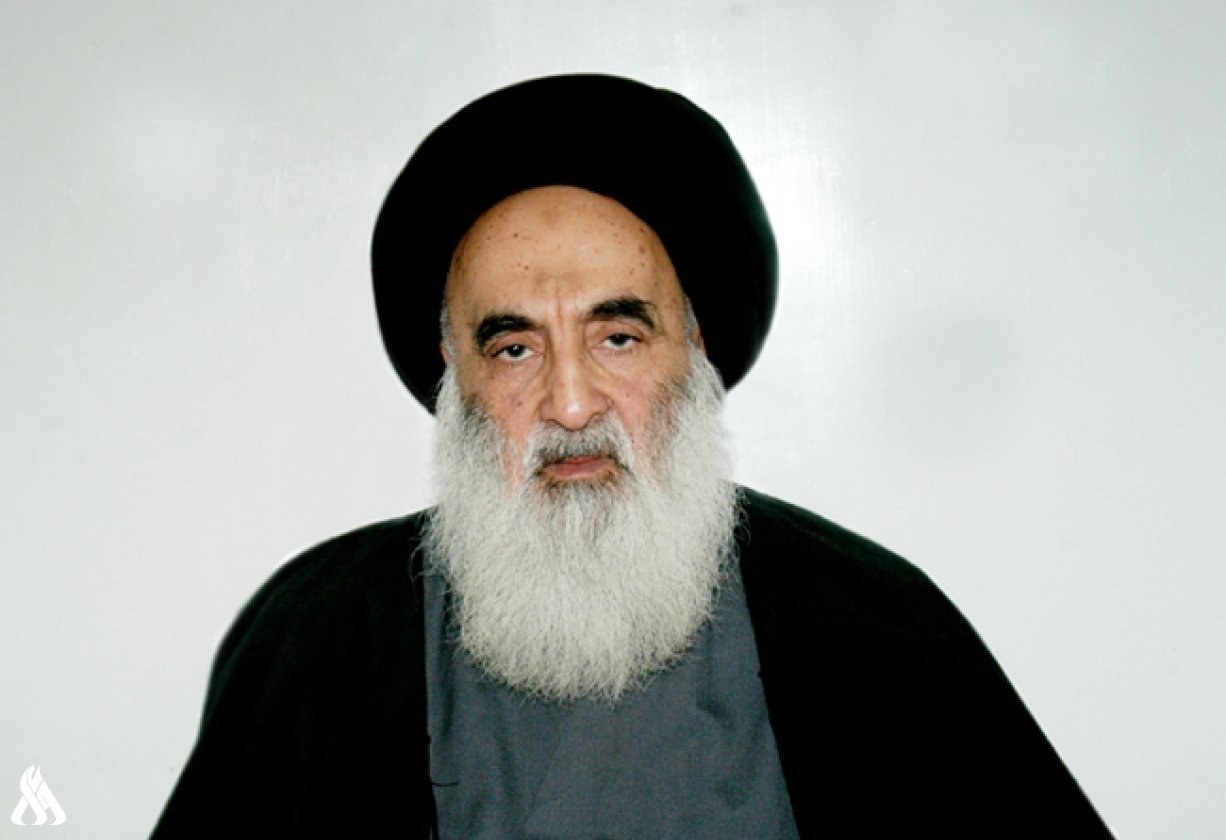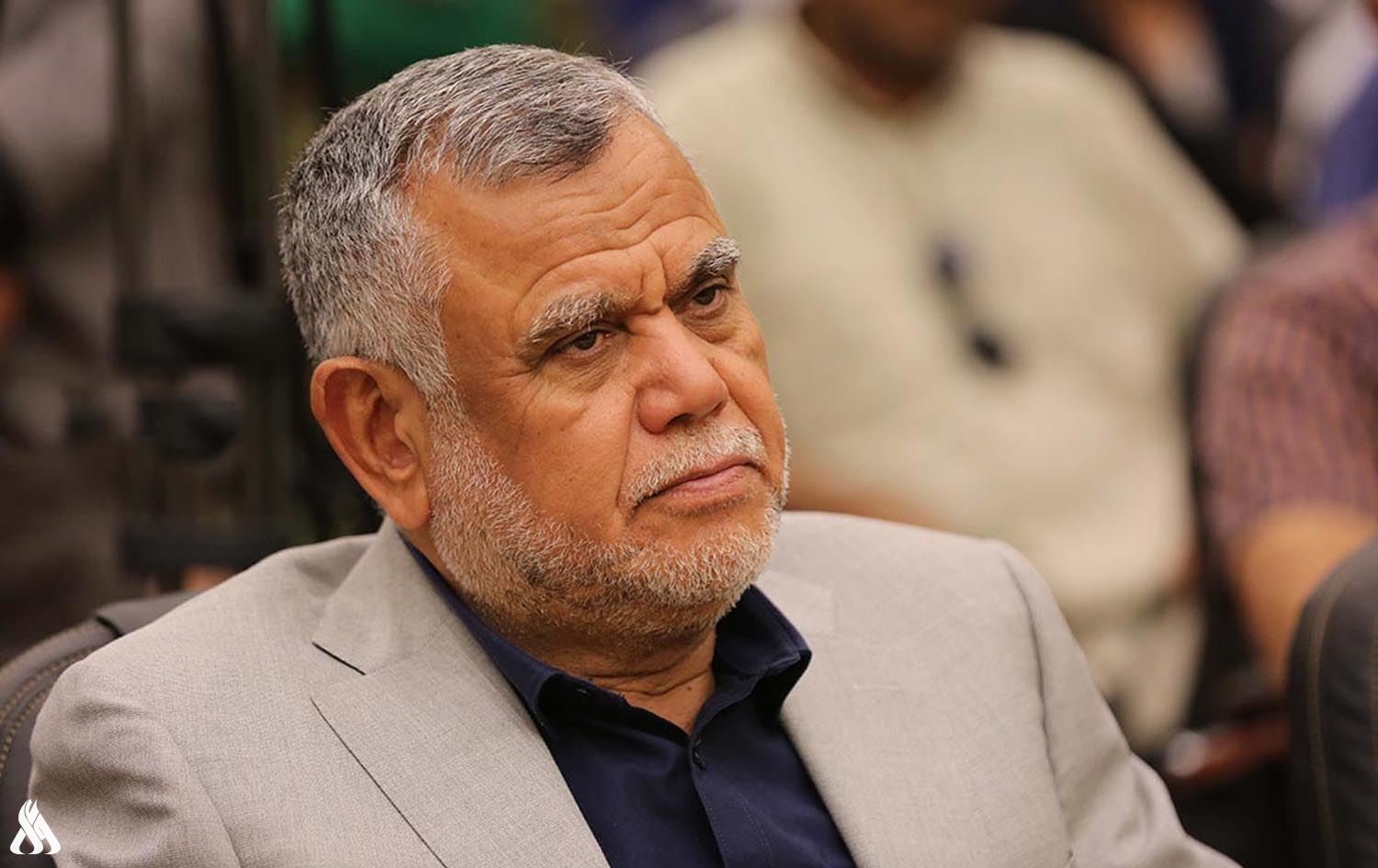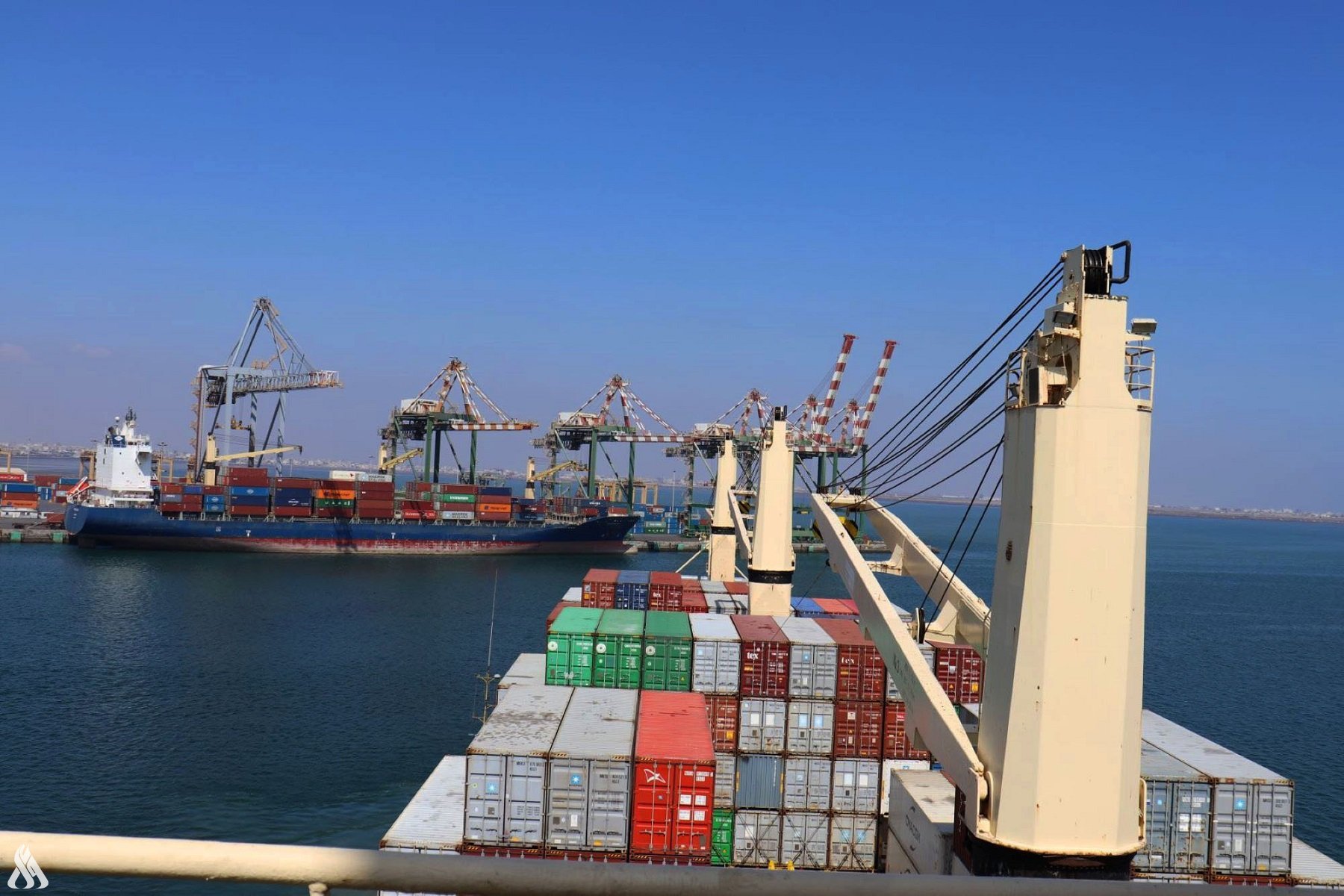
Iraq: Not losing competitiveness in European markets, exporting 13% of crude oil

- 25-01-2025, 18:59
INA - BAGHDAD
The Ministry of Oil confirmed on Saturday that Iraq will not lose its competitiveness in the European markets, indicating that Iraq exports 13% of its total crude exports to the European market.
A technical workshop was organized in cooperation between the Ministry of Oil and Total Energy Company, to discuss paths to reduce emissions and reduce the carbon and methane footprints of the oil industry, in the presence of a number of general managers in the ministry, experts, and specialists in the field of clean and renewable energy and oil affairs," according to a statement by the ministry - received by the Iraqi News Agency - INA.
The advisor to the Ministry of Oil for Energy Affairs, Abdul-Baqi Khalaf, said during the workshop: "Iraq has largely fulfilled its obligations in the Paris Climate Agreement. The ministry will fulfill its commitment to stop flaring gas before 2030."
The advisor added, "The workshop is one of many episodes that the Ministry of Oil has worked on, according to the directives of Deputy PM for Energy Affairs and Minister of Oil Hayan Abdul Ghani, for three years, believing in the challenges of the transition to renewable energy, its effects on the oil industry, and what casts a shadow over oil marketing."
"The climate restrictions in the Paris Climate Agreement and the Zero Emissions Agreements - FLIR, in addition to the methane emission reduction agreements, are a challenge to marketing Iraqi oil in two directions in terms of quantity and terms of prices," he noted, adding "There are legislations regarding the carbon footprint to become a feature of crude oil pricing, thus high-footprint oils will be less expensive."
He indicated, "There is another challenge, which is the legislation of methane concentration in the barrel of oil produced, or what is called the methane footprint, as it has become a feature of accepting or not accepting oil in general."
"Today, Iraq exports 13% of its total crude oil exports to the European market. Iraq will not lose the competitiveness of its oil and its space in these markets," he highlighted.
The advisor said: "We have a roadmap for a set of measures and capacity building, including measurement operations, inventory operations, and some important legislation and decisions. This map is being developed by the ministry to work on avoiding these important challenges to marketing Iraqi oil."
"Total is an important partner for Iraq and the ministry and has brought its expertise to the workshop and has begun providing important information about the company's path and policy in managing its assets in the world to launch this experience to apply it to Iraqi assets and the rest of the oil companies," he noted.
He stressed that "Iraq needs to reduce the gap in capabilities to join the group of agreements," noting that "this requires an evaluation process to consider resources, challenges, and costs."
"Now, we are focusing on the need to work on Iraq's commitment to reduce the methane footprint, which began experimentally in May of last year 2024, and will become mandatory within two or three years," explained Khalaf.
During the workshop, they discussed how "Total was able to develop a renewable energy policy, a policy to reduce emissions in the short and long term, and procedures for joining the carbon reduction charter approved at the COP 28 conference," in addition to discussing the challenges in implementing some topics at the ministry level and the country in general.
Al-Mandalawi Meets Sheikh Al-Khazali
- politics
- 08:59
Gaza Health Ministry Announces New Death Toll for Zionist Aggression
- International
- 06:04
Al-Maliki: Iraq Managed the Electoral Process Smoothly
- politics
- 05:18
Al-Sistani: Tomorrow, the 29th of Ramadan
- Local
- 25/03/29
Al-Amiri warns of any war between Iran and the US
- politics
- 25/04/01
